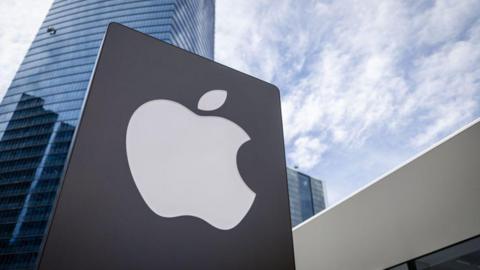In February, Apple pulled ADP from the UK and in March it launched legal proceedings against the government, in a case which is being heard by the Investigatory Powers Tribunal.
The government argued it would damage national security if the nature of the legal action and the parties to it were made public - what are known as the "bare details of the case".
In a ruling published on Monday morning, the tribunal rejected that request - pointing to the extensive media reporting of the row and highlighting the legal principle of open justice.
"It would have been a truly extraordinary step to conduct a hearing entirely in secret without any public revelation of the fact that a hearing was taking place," it states.
"For the reasons that are set out in our private judgement, we do not accept that the revelation of the bare details of the case would be damaging to the public interest or prejudicial to national security," it later adds.
In a statement the Home Office said it would not comment on legal proceedings or individual notices but said its "first priority is to keep people safe."
"There are longstanding and targeted investigatory powers that allow the authorities to investigate terrorists, paedophiles and the most serious criminals and they are subject to robust safeguards including judicial authorisations and oversight to protect people's privacy," it added.
It stressed it was not seeking blanket data access - and any requests to view individual accounts protected by ADP would need a court approved warrant.
